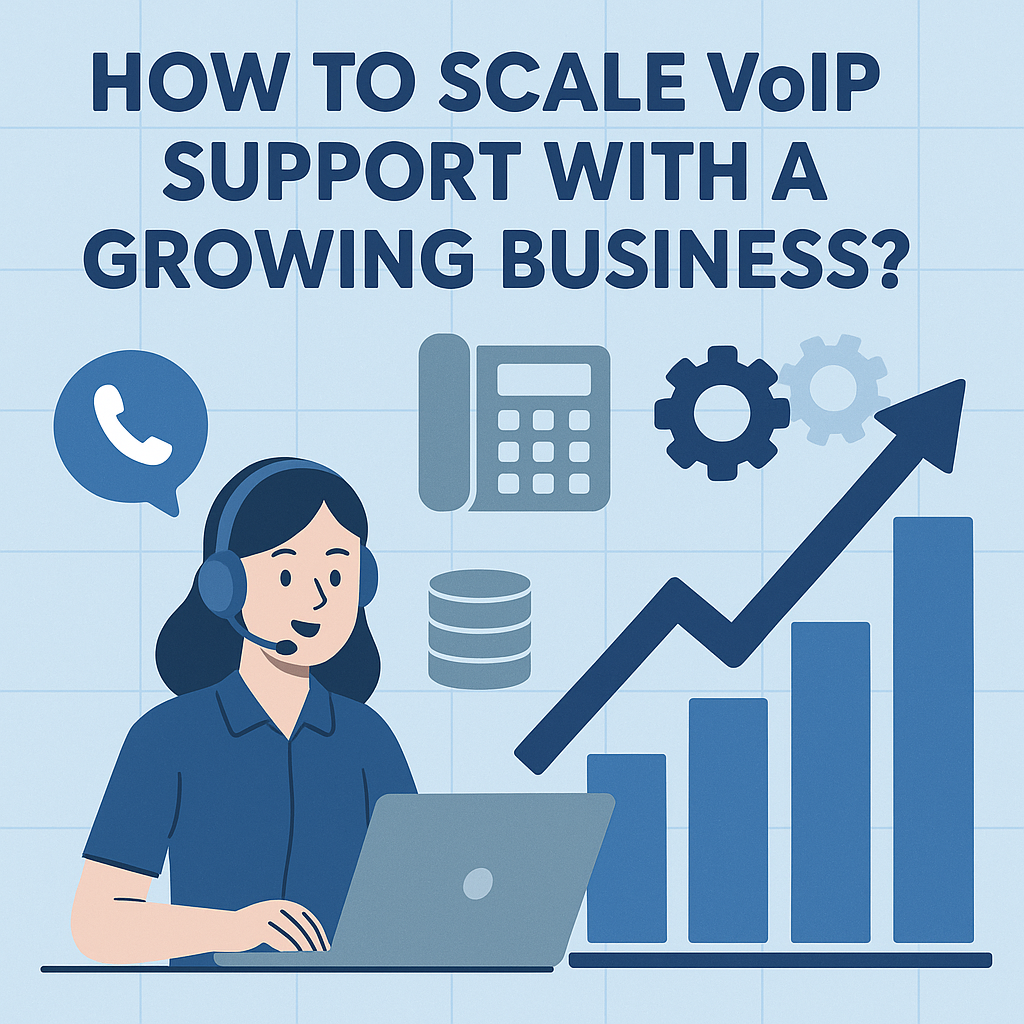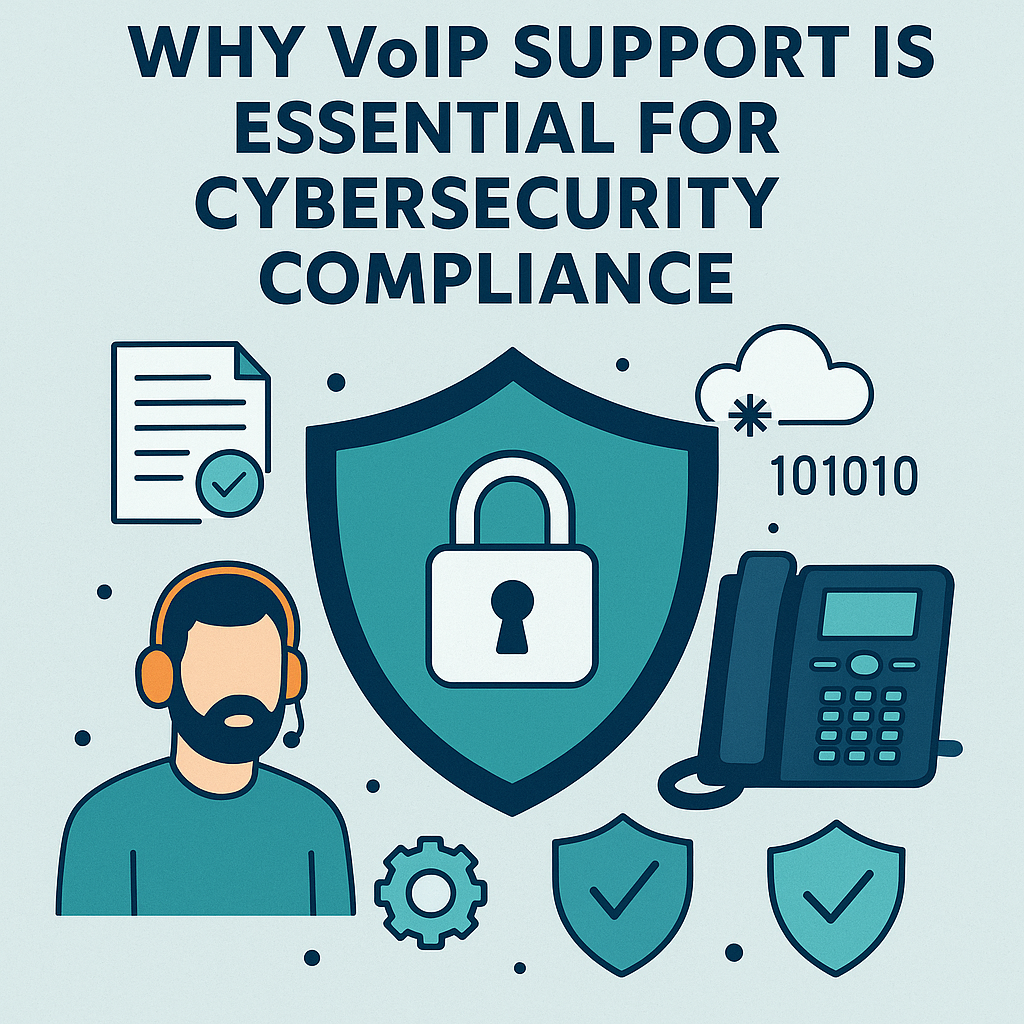The Best Business VoIP Services for 2025
Voice over Internet Protocol (VoIP) has revolutionized the way businesses handle communications. With the advent of advanced features like AI-powered call management and integration with collaboration tools, VoIP services are not just a replacement for traditional phone systems but a gateway to modern communication ecosystems. Here’s a comprehensive guide to help you understand and choose the best business VoIP service for 2025.
What Is a VoIP Phone System?
A VoIP phone system transforms traditional analog voice signals into digital data packets, enabling seamless voice communication over the internet. Unlike conventional phone systems, VoIP provides businesses with features such as video conferencing, call routing, and integration with other business tools, making it a preferred choice for companies looking for flexible and scalable communication solutions.
Benefits of VoIP for Businesses
- Cost-Effective Communication:
VoIP significantly reduces communication costs by utilizing existing internet connections and offering competitive subscription pricing. - Scalability:
Easily add or remove users as your business grows without the need for significant infrastructure changes. - Advanced Features:
AI-powered call transcription, video conferencing, and CRM integration make VoIP an all-in-one communication solution. - Remote Work Support:
VoIP systems are designed to support mobile and remote workforces, providing consistent communication channels no matter where employees are located. - Unified Communications (UC):
VoIP services often include UCaaS (Unified Communications as a Service), which integrates various communication channels, including voice, video, messaging, and email.
Top Business VoIP Services for 2025
1. RingCentral RingEX
Best For: Overall Performance
- Features: AI-powered call summaries, third-party app integration, and advanced administrative controls.
- Pros: Comprehensive feature set, robust scalability.
- Cons: Occasional complexity in the user interface.
2. Intermedia Unite
Best For: Ease of Use
- Features: Extensive administrative features, AI assistants, and responsive support.
- Pros: Simple setup, full-featured communication tools.
- Cons: Limited browser compatibility (Chrome-only).
3. 8×8 eXperience Communications as a Service
Best For: SMB Unified Messaging
- Features: Video conferencing, mobile video improvements, and analytics.
- Pros: Affordable entry-level pricing, robust analytics.
- Cons: Missing some advanced productivity features.
4. Vonage Business Communications
Best For: Unified Communications Hub
- Features: AI-based virtual receptionist, solid mobile and desktop apps.
- Pros: Extensive admin tools, new call center features.
- Cons: Add-on costs can accumulate.
Key Considerations When Choosing a VoIP Service
- Assess Your Business Needs:
Identify critical features such as video conferencing, call recording, and CRM integration that your business requires. - Evaluate Scalability:
Ensure the VoIP system can grow with your business, accommodating additional users and features as needed. - Integration Capabilities:
Check for compatibility with existing tools like CRM, help desk software, and productivity suites. - Call Quality and Reliability:
Test the VoIP service for consistent call quality, especially in remote or network-congested environments. - Cost Efficiency:
Compare pricing tiers and consider long-term costs, including add-ons and hardware requirements.
Common Challenges with VoIP Systems
- Network Dependency:
VoIP requires a stable internet connection. Inconsistent bandwidth can result in poor call quality. - Security Concerns:
Since VoIP relies on data networks, it can be vulnerable to cyber threats without proper security measures. - Learning Curve:
Some VoIP systems have complex interfaces that may require training for effective use.
FAQs About Business VoIP Services
1. What is the difference between VoIP and UCaaS?
VoIP focuses on internet-based voice calling, while UCaaS integrates voice, video, messaging, and collaboration tools into a unified communication platform.
2. How much does a VoIP system cost?
Prices typically range from $15 to $65 per user per month, depending on features and the number of users.
3. Can VoIP support remote workers?
Yes, most VoIP systems are designed with mobile and remote workers in mind, offering apps for smartphones and laptops.
4. Are there any additional hardware requirements?
While VoIP can run on existing devices, businesses may choose to invest in VoIP handsets or headsets for optimal call quality.
5. How secure is VoIP?
VoIP systems can be secure if proper encryption and network security measures are implemented. Always choose a provider with robust security protocols.
6. What happens if the internet connection fails?
Some VoIP providers offer fallback options, such as call forwarding to mobile phones, to ensure business continuity during outages.
How Can Ecasys Help?
At Ecasys, we specialize in providing cutting-edge technology solutions tailored to your business needs. Whether you’re transitioning to a VoIP system or upgrading your current communication setup, our team of experts can guide you every step of the way. With our deep industry expertise, we ensure seamless implementation, robust security, and ongoing support to help you maximize your VoIP investment.





No comment